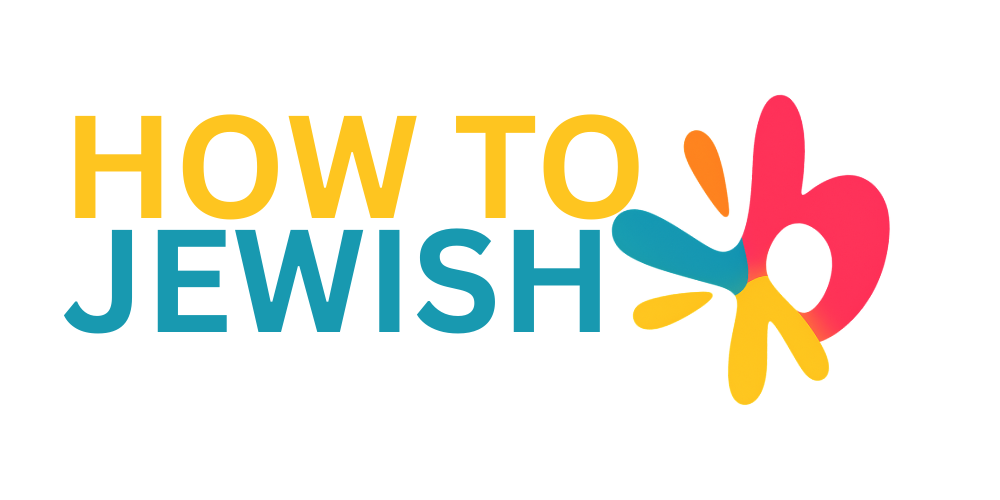“`html
What Is Allowed and Prohibited on Shabbat?
Shabbat, the Jewish Sabbath, is a day of rest and spiritual enrichment that occurs every week from Friday evening until Saturday night. For those looking to embrace a more traditional Jewish lifestyle, understanding what is allowed and prohibited on Shabbat is essential. This guide will help you navigate the dos and don’ts of this sacred time, keeping in mind the principles of Orthodox halacha.
Understanding Melacha
One of the key concepts in Shabbat observance is melacha, which refers to work or creative activity. The Torah prohibits 39 categories of work on Shabbat, derived from the tasks performed in the construction of the Mishkan (the ancient Tabernacle). Each of these categories encompasses various specific activities. Here are the main categories:
- Sowing: Planting seeds or cultivating soil.
- Plowing: Preparing the ground for planting.
- Reaping: Harvesting crops.
- Binding: Tying up sheaves of grain.
- Threshing: Separating edible grain from chaff.
- Winnowing: Blowing away chaff to get to the grain.
- Selection: Choosing desirable items from undesirable ones.
- Grinding: Reducing substances into smaller particles.
- Baking: Cooking food, including any form of heat application.
- Shearing: Cutting wool or fur.
- Washing: Cleaning clothing or materials.
- Sorting: Organizing items based on size or type.
- Building: Constructing or repairing structures.
- Tearing: Ripping materials apart.
- Writing: Including any form of marking or recording information.
- Erasing: Removing written text.
- Kindling: Lighting a fire.
- Extinguishing: Putting out a fire.
- Transportation: Carrying items in public spaces.
- Finishing: Completing a process or craft.
- Completing: Finalizing a task.
Permissible Activities on Shabbat
While Shabbat is a day of rest, it is also an opportunity to engage in activities that foster spiritual growth, connection with family, and community. Here are some activities generally permitted on Shabbat:
- Prayer: Attending synagogue services and personal prayers enhance the spiritual atmosphere of Shabbat.
- Learning: Studying Torah, reading religious texts, and discussing Jewish law and philosophy.
- Leisure: Enjoying meals with family, taking walks, and engaging in meaningful conversation.
- Celebration: Observing Shabbat meals, including the Friday night Shabbat dinner and the Saturday lunch, which often include traditional foods and rituals.
- Celebrating with Family: Spending quality time with family, enjoying their company, and sharing Shabbat traditions.
General Principles of Shabbat Observance
In addition to understanding what activities are categorized as melacha, here are some general principles to keep in mind while observing Shabbat:
- Preparation: Prior to Shabbat, specific preparations can be made, such as cooking meals and setting up for the day.
- Intent: Actions performed without the intent to work may sometimes be viewed differently, depending on the nature of the action.
- Emergency Situations: In a life-threatening situation, one is permitted to perform work to save a life, as preserving life is a paramount value in Judaism.
Common Misunderstandings
As you learn more about Shabbat, it’s easy to encounter misunderstandings regarding what

No comment yet, add your voice below!